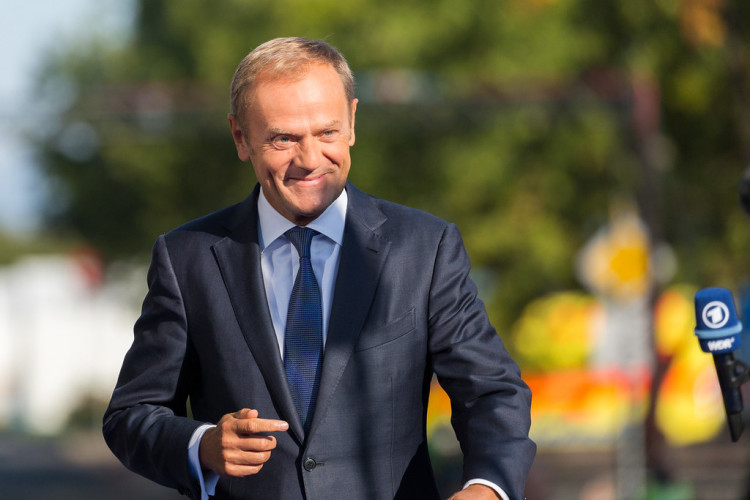Political comebacks are rare in politics. Rarer still for Big Beasts in Brussels who want to re-enter the domestic political fray and take up a job that they once had over a decade ago.
Well Donald Tusk, former President of the EU Council, has all those rare characteristics. He is most definitely a big beast on the EU stage, is instantly recognisable across Europe, has just completed a comeback at the age of 66 years and is the new PM of Poland. He is also a straight talker. Anyone who followed the Brexit debate recognises his ability to mix things up with clear messages. You will remember his “special place in hell for those who promoted Brexit” quote!So Prime Minister Tusk is now going back to the EU Council at a critical time for his country and for the EU. He will bring much needed clarity to what the EU needs to do for the next 5 years. From the war in Ukraine, to internal market reforms, to a common security policy and provoking Capital Markets Union in helping the green transition – Donald Tusk remerges at a very important time.
His election this week as the new Polish PM greatly helps those who believe in greater European integration. Although Poland is not a Eurozone member state, it’s a country that is significant within the EU, given its size, economy, and location. The success of the Nationalist PIS party over the past 8 years has come at a price for Poland. Most notably in the freezing of important EU funds, because of concerns in Brussels about “rule of law” and judicial independence issues. Unlocking those funds will be a top priority for the new Government, but a challenge exists given the recent ruling by Poland’s Constitutional Court on the on Judicial Reform legislation. Also Tusk and his colleagues will be wary of the role of the Polish President Andrej Duda, an ally of the PIS party, which remains the biggest party in Poland. Tusk will have to show early in his new role that he is putting Polish interests first. He was targeted by his political opponents in Poland during his tenure as EU Council President - as a Brussels insider.So, I think this new Polish government will want to mend fences with the EU and position Poland at the heart of EU decision making. But it has a wider significance for the region and for the future for centre ground politics. Tusk’s win sends out a wider message that the growth of identity or nationalist politics in Europe, may have stalled. That the centre ground or the pro-European argument – still has potent political support in a very uncertain world. Or does the Polish result maybe just highlight that people get tired of the same government and want change? We will get a real European sample of public opinion in the next years EP elections, where it looks like the centre ground is under pressure. Only time will tell.






